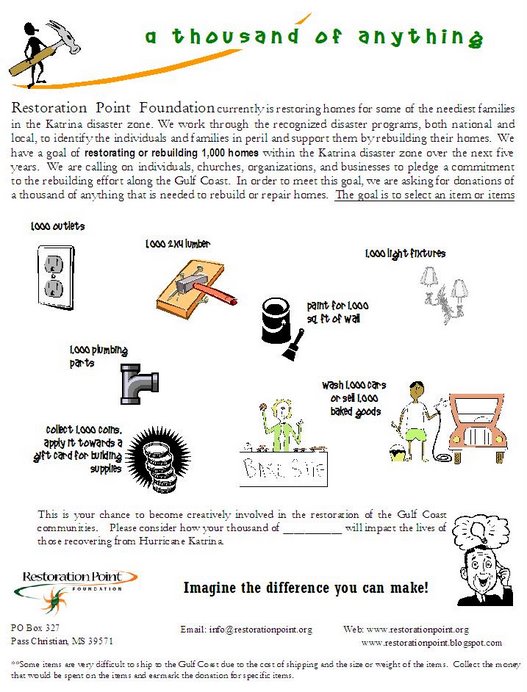Dick Balnicky, a FEMA VAL (voluntary agency liaison) for Region X, visited Restoration Point team and some Soldotna residents for a presentation about disaster response and recovery in Alaska. The underlying theme was disaster response is much harder and requires more planning in Alaska than the lower 48 (The Outside). Not only are the cost of materials and supplies higher, but the transportation of supplies to an area in need of assistance can (and is) often more than the total cost of the supplies. This is a hard reality for many non-profits and disaster responders used to driving supplies into an area or going down the road to a hardware store or gas station. This is not the case throughout most of Alaska.
We also heard examples of response efforts in remote areas throughout the state. It was a great learning experience and one that makes you take a step back and realize you need to be prepared, pre-trained, and pre-certified to enter into an area affected by a disaster, especially in Alaska. There are many families in Alaska with unmet needs dating back to 2004. Many do not realize all of the different types of disasters that affect Alaskans nor do they understand why a fishing net, a snow machine, or an ATV is an unmet need, not an item of luxury. For many families in the Bush, this is how they provide for their family, get to and from work or school, or go to a larger town for supplies.
Today's efforts included attending the AK VOAD meeting in Anchorage and moving forward on construction of one of the houses in Soldotna. Tomorrow, several members will be attending an exercise at the local EOC (Emergency Operations Center) to observe the methodology in practice and understand how to be an effective part of a response and recovery situation in this community. It also appears that a member of our team will be flying to a remote site to examine a construction project and get an idea about what needs to happen in order to help a family recover.
There are many obstacles to overcome when responding to disasters in Alaska. Many disasters are not federally declared disasters, so there are fewer resources to provide assistance to that family. An effective response to an Alaskan disaster will need to rely on private donations and support of in-kind donations and transportation to these areas. While this is not much different from many disaster response situations in the Lower 48, without that support, the response would be slow and resources would be inadequate.
Contact us if you are interested in preparing and responding to disasters in Alaska at info@restorationpoint.org.









